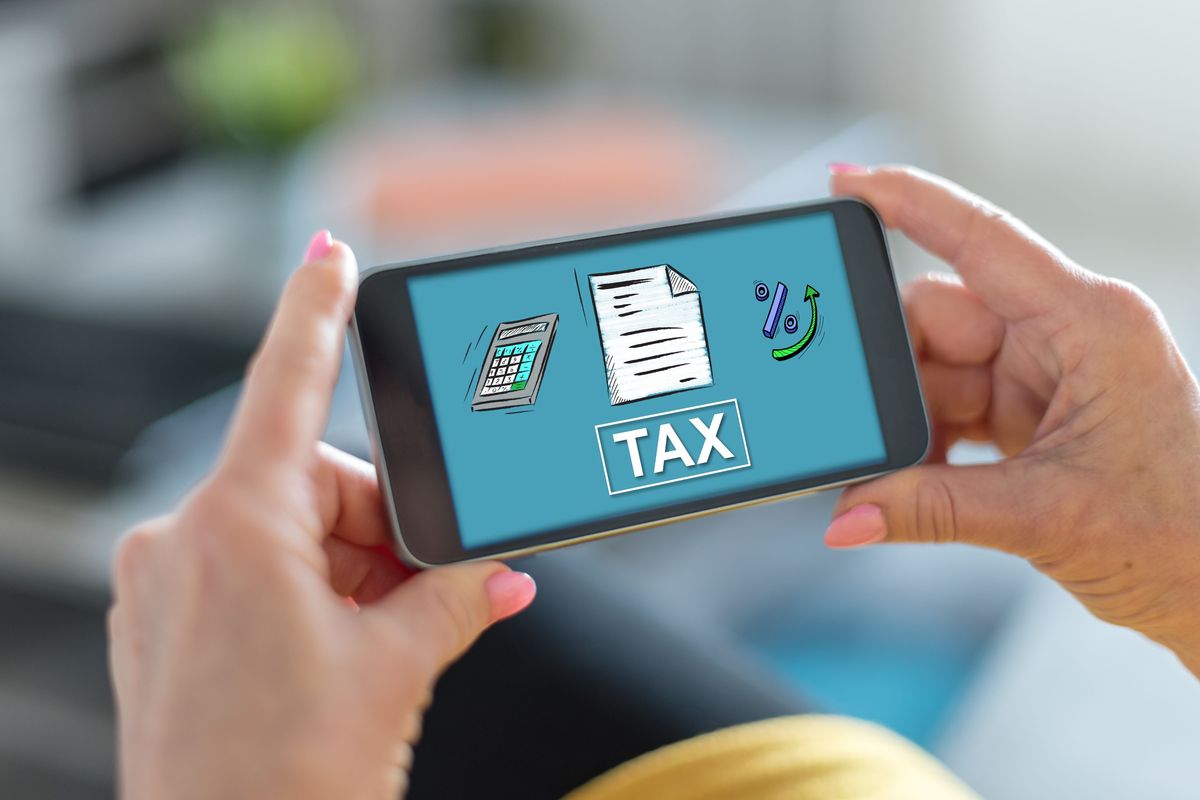Bringing undocumented Pakistani sectors into the tax net - Part III
The FBR must also prioritize rebuilding trust between taxpayers and the department, the Pakistan Business Council has suggested
Business Desk
The Business Desk tracks economic trends, market movements, and business developments, offering analysis of both local and global financial news.

The FBR must also prioritize rebuilding trust between taxpayers and the department, the Pakistan Business Council has suggested
As Pakistan gears up to reform the Federal Board of Revenue — the national tax collection authority — one of the country's most prominent thinktanks, the Pakistan Business Council, has prepared a set of proposals for the FBR's restructuring.
The proposals are comprehensive and wide-ranging, which Nukta has presented in a three-part series. The third part is related to smuggling and corruption in Pakistan Customs.
The PBC has proposed that the movement of goods should be closely monitored using satellite data and Artificial Intelligence to identify potential red flags. To combat fuel smuggling, fuel marking must be implemented on all petroleum imports. Additionally, to prevent bribery and corruption during the approval process for scanned imported containers, a system for remote and faceless approvals should be established, ensuring that customs officers' identities are protected.
All containers at dry ports should be scanned upon entry and exit.
Furthermore, income tax, sales tax, duties, and cess applicable in Pakistan should be collected on goods imported under Afghan transit trade, with refunds issued to registered importers in Afghanistan once the goods are delivered and cleared.
The FBR must also prioritize rebuilding trust between taxpayers and the department. Tax officers often issue substantial tax demands that appellate authorities later reverse, highlighting a need for accountability among these officers. Appellate orders should clearly indicate whether the officer's actions stemmed from an interpretational issue or a deliberate misapplication of the law, with consequences established for any intentional misconduct.
Additionally, policies must be consistently enforced; for example, taxation of inter-corporate dividends among group companies and the earlier withdrawal of tax credits under Section 65 (2) have seen inconsistent application, as have issues related to the super tax and Section 7E for filers purchasing property with tax-paid money.
Furthermore, while businesses outside the tax net continue to evade taxes, registered companies are subjected to a 10% minimum value addition tax under Section 8B. To encourage more businesses to enter the tax system, exemptions from this tax should be granted to listed companies, those exporting 10% of their sales, and businesses operating with high volume and low margins, according to the PBC.
Given the current economic conditions and reduced demand, listed companies and those that have paid normal income tax in the past three years should be exempt from the minimum turnover tax for the next two years. Taxpayers already pay advance tax at the time of import, yet when they apply for a reduced rate certificate (1% on local supplies), they often find themselves compelled to pay additional advance tax due to revenue targets set for tax officers, even when no actual liability exists from tax deductions on imports or local supplies.
Furthermore, any additional liabilities must be settled on a quarterly basis, or else taxpayers face default surcharges.
Exporters, while subject to the 1% minimum tax, also encounter an extra 1% tax deduction, further straining their liquidity and complicating their financial stability in a challenging market.










Comments
See what people are discussing